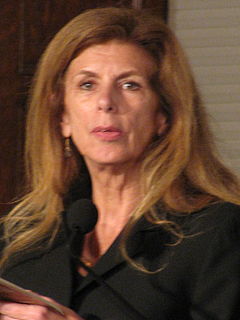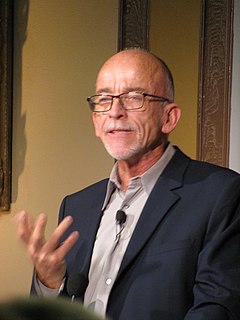A Quote by Adrienne Rich
Every poem breaks a silence that had to be overcome.
Related Quotes
The religion of the short poem, in every age and in every literature, has a single commandment: Less is always more. The short poem rejects preamble and summary. It's about all and everything, the metaphysics of a few words surrounded by much silence. …The short poem is a match flaring up in a dark universe.
Silence is Golden; it has divine power and immense energy. Try to pay more attention to the silence than to the sounds. Paying attention to outer silence creates inner silence: the mind becomes still. Every sound is born out of silence, dies back into silence, and during its life span is surrounded by silence. Silence enables the sound to be. It is an intrinsic but unmanifested part of every sound, every musical note, every song, and every word. The unmanifested is present in this world as silence. All you have to do is pay attention to it.
Things break all the time. Glass and dishes and fingernails. Cars and contracts and potato chips. You can break a record, a horse, a dollar. You can break the ice. There are coffee breaks and lunch breaks and prison breaks. Day breaks, waves break, voices break. Chains can be broken. So can silence, and fever... promises break. Hearts break.
I readily concede that a prime minister is not required to speak on every occasion or on every subject, but when there is a duty to speak, silence is unacceptable. Silence can be a strategy, silence can be a tactic, but silence can never be an answer to the ills of our polity and the fault lines of our society.
Our view of man will remain superficial so long as we fail to go back to that origin [of silence], so long as we fail to find, beneath the chatter of words, the primordial silence, and as long as we do not describe the action which breaks this silence. the spoken word is a gesture, and its meaning, a world.






































